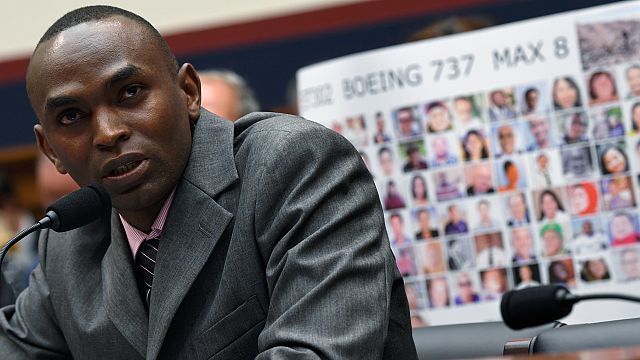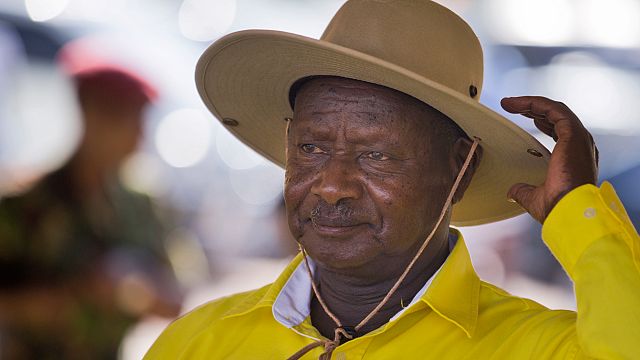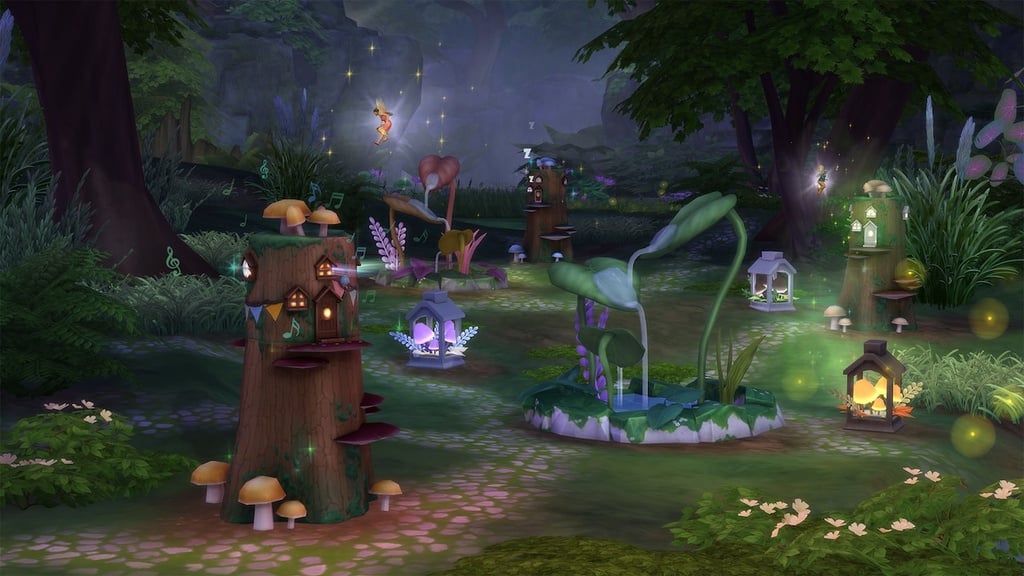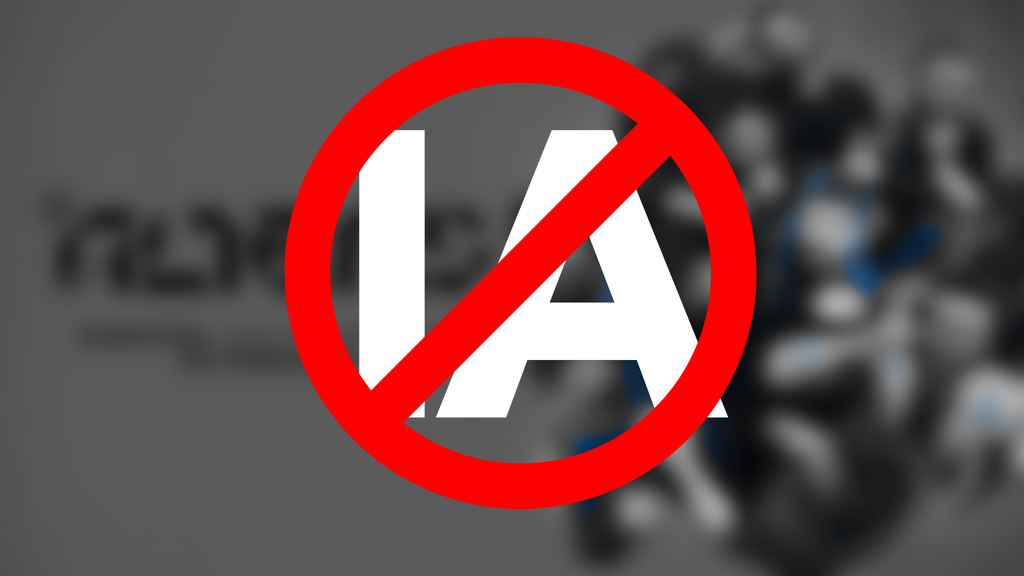New online safety rules are here - but as tech races ahead, expect changes
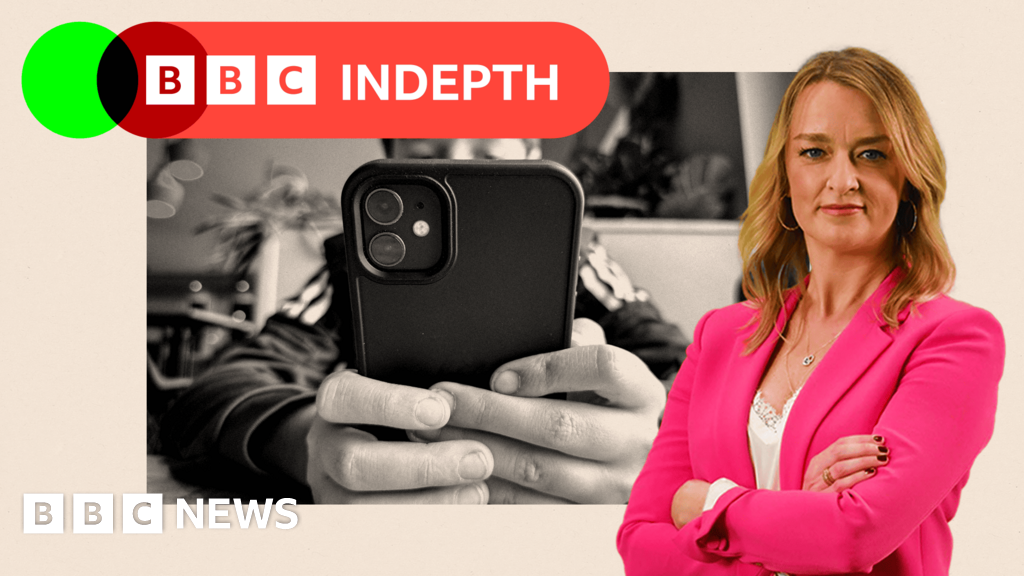
New online safety rules are here - but as tech races ahead, expect changes

 Laura KuenssbergPresenter, Sunday with Laura Kuenssberg•@bbclaurak
Laura KuenssbergPresenter, Sunday with Laura Kuenssberg•@bbclaurak
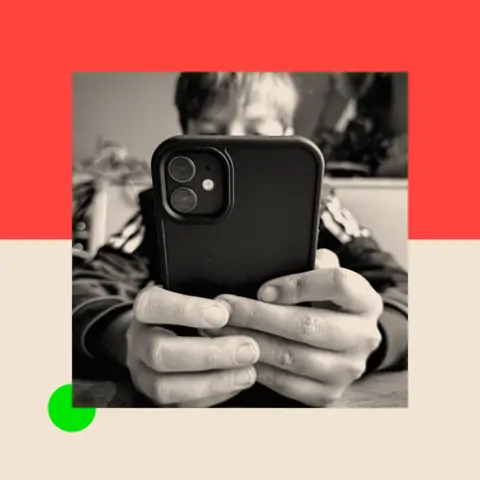 Matt Cardy, Getty Images
Matt Cardy, Getty ImagesIt's surely the darkest fear of any mum or dad - losing their child to a world that's out of sight, a place where they can't protect them.
Esther Ghey, Ian Russell, Mariano Janin, Liam Walsh, Ellen Roome, Lisa Kenevan, Hollie Dance and Judy Thomas.
They are all parents who believe the internet played a part in the death of their children: Brianna, Molly, Mia, Maia, Jools, Isaac, Archie and Frankie.
And they've courageously told us their stories, sharing their pain, partly in the hope of pushing the authorities to regulate what happens on the internet more effectively.
After years of campaigning and political debate, tech platforms will - within weeks - be legally obliged to stop kids seeing harmful content online, including pornography and material encouraging self-harm. They'll be expected to check users' ages, and if they don't, they could be punished with heavy fines.
But the debate over whether the changes will have the right effect is already raging. In private, the government freely admits the new rules already need an update. So what is going on?

 PA Media
PA MediaTechnological advances
"If it does what it says it does, it should be really big," said one Whitehall source, with high hopes of the change on the way.
Ofcom will be responsible for enforcing new child safety rules which will require platforms to check users' ages. These take effect on 25 July - and Ofcom's chief executive, Dame Melanie Dawes, will join me live in the studio tomorrow morning to explain more.
The regulator won't tell platforms exactly how to verify users' ages. But it could be sharing a selfie in real time, or checking bank details. Without proving they are 18, a child or teenager should theoretically not be able to see content that might do them harm.
Ofcom's measures to make tech firms remove illegal content have already come into force. A senior Whitehall source said: "We have had 20 years with no attention being paid to safety." You can't say that now.
But some observers take a very dim view of how much the new rules are going to change.
One campaigner said: "If we believed the breathless PR, we could all take to our deckchairs and just enjoy the sun."
Rightly or wrongly, the new rules don't cover what kids share with each other on messaging apps, and they don't block risky stunts or challenges or in-app purchases like loot boxes that end up costing some families a fortune.
And as technology races ahead, the rules don't fully cover AI chatbots which are increasingly grabbing kids' attention.
The Online Safety Act, which was passed in 2023, didn't tackle material that is harmful but legal for adults - not least because of an almighty row in the Conservative Party when they were in charge.
Nor was it set up to tackle misinformation or hate, which MPs warned on Friday left serious holes in the new system designed to protect everyone.

 PA Media
PA MediaThe Science, Innovation and Technology Committee, which investigated the law in the wake of the Southport riots, said internet users were being exposed to large volumes of harmful and misleading content "which can deceive, damage mental health, normalise extremist views, undermine democracy, and fuel violence".
MPs in the committee concluded that the Act failed to keep UK citizens "safe from a core and pervasive online harm".
Many safety campaigners think the rules simply don't go far enough and that Ofcom has been far too cautious. A former cabinet minister tells me: "I just don't understand their lack of pace or urgency."
It took years to get the Online Safety Act passed as law in the first place. Parliament spent a long time grappling with real dilemmas - especially how to protect fundamental rights of free speech and privacy.
Then Ofcom took many months to write the codes of practice that have come into force over time. They wanted to create rules that were practical for the tech platforms themselves.
One industry source says Ofcom had been "sensible and grown-up", and while the rules weren't "revolutionary" they were important, positioning the UK between tighter regulations in the EU and a more lax regime in the US.
However you look at it, these new laws have been a very, very long time coming. And while Whitehall has been grinding along, technology, and the kinds of experiences we all have online, has been racing ahead.
Who had really heard of AI five years ago? Many sources I've spoken to question now if the way the whole system has been designed is the right one.
The former minister I spoke to said it was a "category error" to regulate the internet in this way, questioning whether Ofcom was the right body to do the job.
But ultimately, Ofcom can only work within the laws MPs set.

 Getty Images
Getty ImagesWhile we'll be focusing in the studio tomorrow on the effect the new rules will have, there is already an obvious demand among politicians to go further.
Labour's education secretary branded the Tories' suggestion to ban phones in schools a "gimmick". The PM said it was "unnecessary". But the House of Lords might back the idea in votes in mid-autumn, pushing the question back to MPs.
Might some newly emboldened Labour backbenchers be tempted to support it too? One of them told me if there were a reshuffle, and a new education secretary, "I'd be straight in there to say, ditch the battle, get on the right side of the public and parents, and agree to the Tories' proposal."
But I understand there are new measures developed in government that might emerge even before then, shortly after the summer.
With the age verification measures about to come into force, the cabinet minister in charge, Peter Kyle, wants to shift the conversation towards healthy habits. The Online Safety Act focuses on what we can see on the internet. But Kyle's next focus is on how we use it, considering how some apps could be addictive.
A source said: "kids shouldn't have to be grateful they can't see violent porn on their devices… the next debate is about what is healthy online."
Ministers are considering how they could protect children from algorithms that "can make kids feel out of control", or drive compulsive behaviour. Proposals on the table include an "app cap", screen time limits, extra rules on live streams, and making more of a distinction between what 13 and 16-year-olds can do online.
More legislation is likely to bring in the next round of changes, but right now, as one MP said: "it is stuck somewhere in the system."
You can expect the next round of conversations about how governments can protect the public from the worst excesses of the internet while enjoying its incredible opportunities to be part of the political soundtrack of the autumn.
Technology has changed so many aspects of our lives so fast for the better in recent years. But for too many families, their experiences online have brought terrible pain. Just as our heads might spin trying to understand all the changes, politicians have perhaps struggled to balance the dangers as well as the opportunities, and how they might be called on to protect the public.
What happens online is not the usual turf of politics like making ends meet, running schools or hospitals. But just as our virtual lives are an increasing part of our world, they are becoming a bigger part of our political life too.
A list of organisations in the UK offering support and information with some of the issues in this story is available at BBC Action Line

Sign up for the Off Air with Laura K newsletter to get Laura Kuenssberg's expert insight and insider stories every week, emailed directly to you.

BBC InDepth is the home on the website and app for the best analysis, with fresh perspectives that challenge assumptions and deep reporting on the biggest issues of the day. And we showcase thought-provoking content from across BBC Sounds and iPlayer too. You can send us your feedback on the InDepth section by clicking on the button below.
What's Your Reaction?
 Like
0
Like
0
 Dislike
0
Dislike
0
 Love
0
Love
0
 Funny
0
Funny
0
 Angry
0
Angry
0
 Sad
0
Sad
0
 Wow
0
Wow
0


